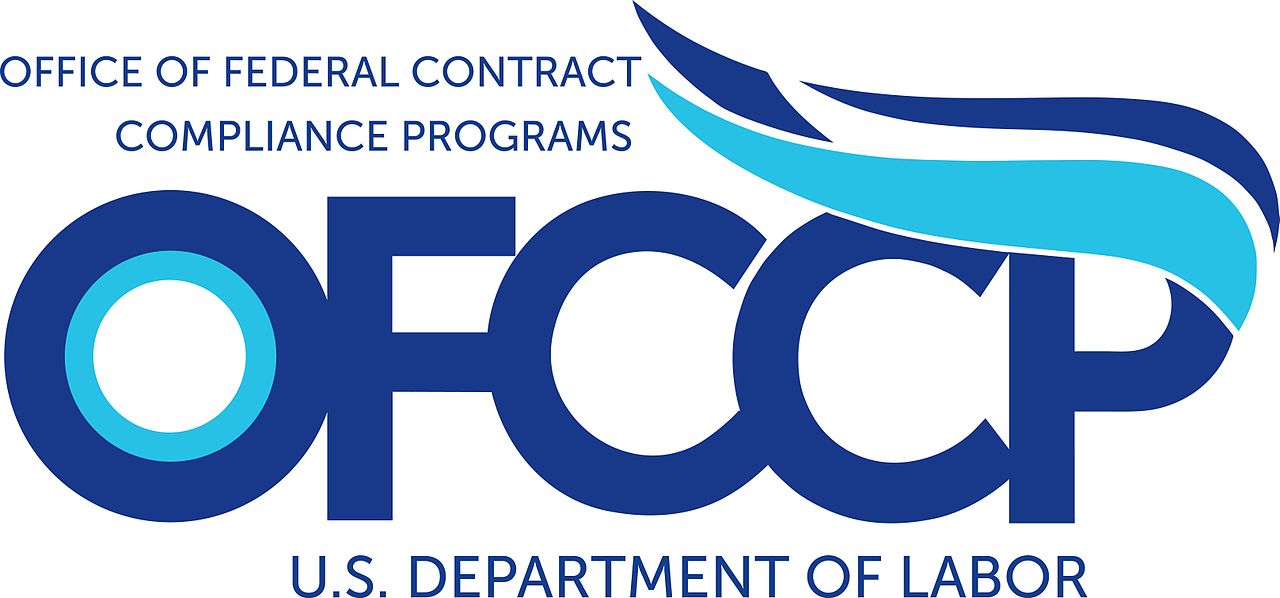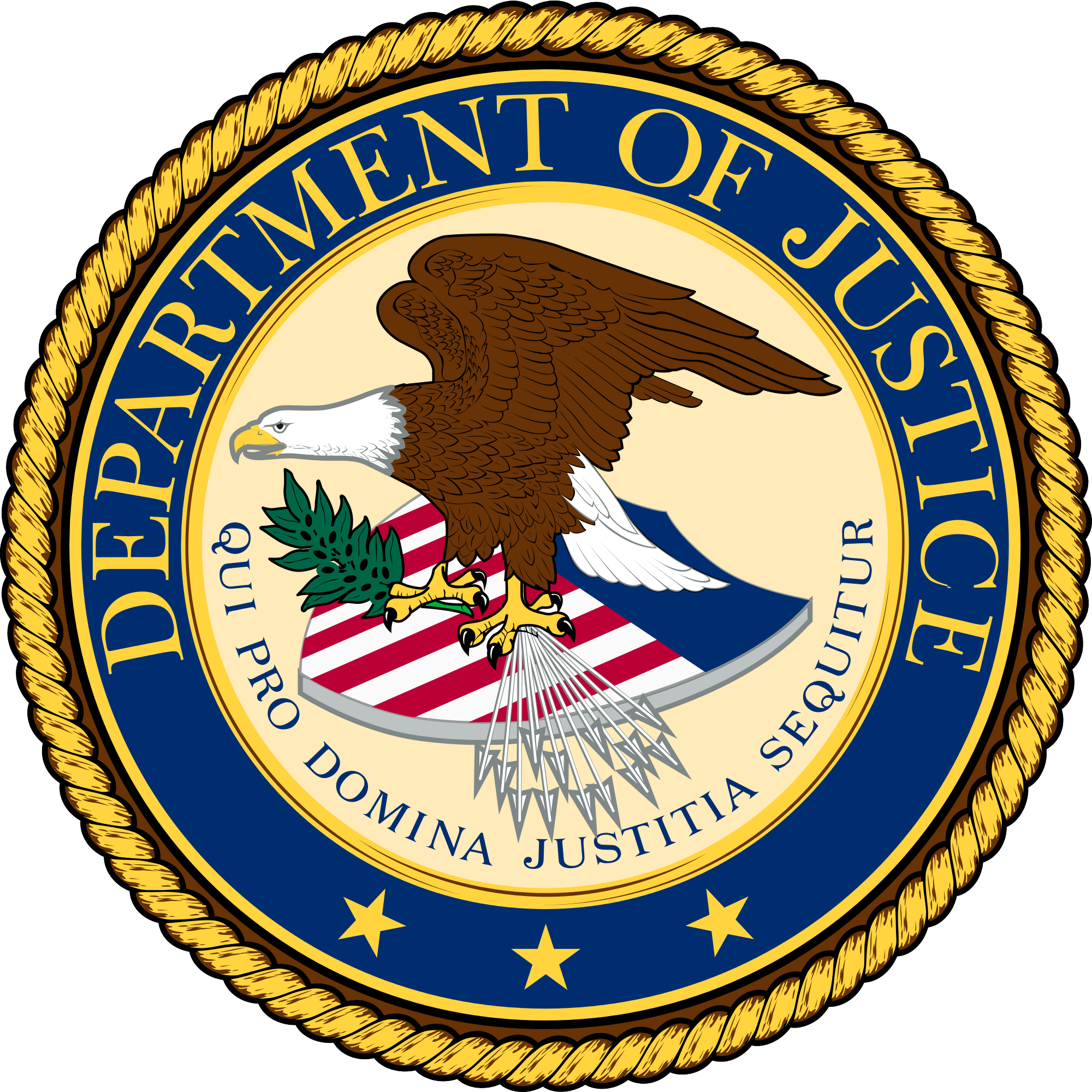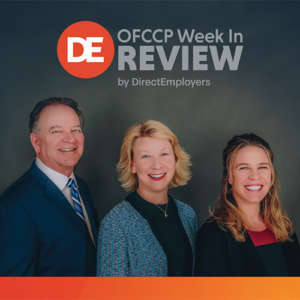Thursday, August 15, 2019: NPRM on Religious Exemption

Why?
According to the proposal, some religious organizations have provided feedback to OFCCP that they were reluctant to participate as federal contractors because of uncertainty regarding the scope of the religious exemption.
Familiar Topic?
You may recall we covered an earlier OFCCP pronouncement on the protections Executive Order 11246 and the First Amendment offered religious organizations, when OFCCP released on Friday, August 10, 2018, a “Religious Exemption” Directive. The Directive concludes with this report foreshadowing future USDOL Rulemaking on the topic of religious freedom:
“These instructions will remain in force in anticipation of an addition to the Department’s regulatory agenda followed by rulemaking informed by public comment.”
The Current Proposal
- Seeks to add definitions of the following five terms to OFCCP’s list of definitions in 41 CFR 60-1.3: Exercise of religion; Particular religion;Religion; Religious corporation, association, educational institution, or society; and
- Seeks to apply a “but-for” standard of causation when evaluating claims of discrimination by religious organizations based on protected characteristics other than religion. Specifically, where a contractor that is entitled to the religious exemption claims that its challenged employment action was based on religion, OFCCP will find a violation of Executive Order 11246 only if it can prove by a preponderance of the evidence that a protected characteristic other than religion was a “but-for” cause of the adverse action.
- Seeks to add paragraph (e) to 41 CFR 60-1.5 to establish a rule of construction for subpart A of 41 CFR part 60-1 to clarify that it provides for the broadest protection of religious exercise permitted by the Constitution and laws, including Religious Freedom Restoration Act (RFRA).
The Controversy
OFCCP’s NPRM only proposes to add the five above-referenced definitions to OFCCP’s Executive Order 11246 Rules and does NOT address how OFCCP would resolve a collision between a religious institution’s assertion that its religious beliefs do not permit it to employ individuals who are Gay, Lesbian or Transgender. Nonetheless, civil rights advocates immediately expressed their concern that OFCCP intended the Proposal to champion religious values over Gay, Lesbian and Transgender civil rights concerns.
Note
The SCOTUS is considering the legal protections for transgender rights in three cases currently pending before it, and most notably in the case of R.G. & G.R. Harris Funeral Homes, Inc. v. EEOC. The SCOTUS could decide these cases by early Spring or certainly by the end of the Term, usually in late June or early July of each year before recessing for the summer.
Comment Period
The comment period for the Religious Exemption NPRM closes on September 16, 2019. There were over 100 comments submitted on the first day.
Thursday, August 15, 2019: Component 2 EEO-1 Filing System Update

Note: There are two ways employers may file their Survey:
- The online form (which was available when the portal opened on July 15, 2019) requires employers to enter data onto a form manually.
- The data upload option (now available) which requires employers to upload data via comma-separated values (CSV) files.
Friday, August 16, 2019: EEOC’s 6th Report Card

A revised User Guide is also now available on the portal.
Friday, August 16, 2019: USDOJ Argues Title VII Does Not Protect Transgender Employees

The case is R.G. & G.R Harris Funeral Homes, Inc. v. EEOC, No. 18-107.
NOTE: The U.S. Attorney General is the exclusive advisor to The President on legal matters pertaining to the Executive Branch of the federal government. In past conflicts between USDOJ and the EEOC in cases pending before the SCOTUS, the USDOJ has dropped a footnote in its brief to the Court acknowledging the contrary view of the EEOC.
It is always important in Supreme Court cases to understand the precise legal question(s) the Court has agreed to decide. There are two separate questions pending in the Harris Funeral case:
“Whether Title VII of the Civil Rights Act of 1964, 42 U.S.C. 2000e et seq., prohibits discrimination against transgender people based on (1) their status as transgender or (2) sex stereotyping under Price Waterhouse v. Hopkins, 490 U.S. 228 (1989).” (p. 2 of USDOJ brief)
Summary of USDOJ Arguments
- Title VII does not make discrimination based on transgender status unlawful. Rather, Title VII outlaws only discrimination based on the biological sex of an individual Title VII protects.
- The Congress did not have in mind in 1964 outlawing discrimination based on transgender status;
- The question is not what Title VII law ought to be, but rather what the Congress has made unlawful. Congress has amended other federal statutes in recent years to make gender identity discrimination unlawful, but has not done so as to any of the amendments to Title VII introduced in the Congress every year since 2007 to do so.
- The USDOJ and EEOC agreed that Title VII did not protect transgender individuals until 2012 when the EEOC and the then-Attorney General changed positions. The USDOJ reverted to its prior interpretation in 2016.
- Discrimination based on transgender status does not constitute sex-stereo-typing which Title VII prohibits and thus does not make transgender discrimination per se unlawful.
- Otherwise, Title VII would make all sex-based discrimination per se unlawful, USDOJ argued, including sex-segregated bathrooms and separate dress codes for men and women.
- While discrimination based on transgender status does not constitute sex stereotyping Title VII prohibits, a transgender plaintiff may nonetheless use sex-stereotyping evidence to prove a sex-discrimination claim.
- But, USDOJ argued, a Title VII plaintiff must prove differential treatment: “A transgender employee must plead and prove that the employer did or would treat members of the Plaintiff’s sex less favorably than similarly situated members of the other sex.” (In other words, the employer would have to treat a biological female who identifies as a male differently than it treated a biological male who identifies as a woman).
NOTE 1: Now that USDOJ has changed the EEOC’s position in the case, it is not clear why the Department did not simply order the EEOC to withdraw its Court Complaint against the Harris Funeral Homes and dismiss the underlying Charge which spawned the case for lack of jurisdiction.
NOTE 2: In light of USDOJ’s change of position in the case, we also wonder whether the SCOTUS might now dismiss the appeal to The Court for lack of a justiciable case or controversy (since the EEOC now agrees with the Harris Funeral Homes which is the party which appealed the adverse decision against it from the lower appellate court. Now, the SCOTUS has two parties before it, which agree with each other and has no dispute to resolve.)
NOTE 3: The Harris Funeral Home did NOT appeal to the SCOTUS the Court of Appeals’ rejection of the Funeral Home’s Religious Freedom Restoration Act (RFRA) defense to its discrimination. This is significant because the District Court (i.e., the trial court) had predicated its decision in favor of the Funeral Home (before the Court of Appeals reversed the trial court setting up the appeal to the SCOTUS) on the Funeral Home’s RFRA defense. (The owner of the Funeral Homes, Thomas Rost, runs a family-owned business and is a devout Christian who believes “…the Bible teaches that it is wrong for a biological male to deny his sex by dressing as a woman or for a biological female to deny her sex by dressing as a man, and that Rost, ‘would be violating God’s commands if [he] were to permit one of [Harris Homes’] male funeral directors to wear the uniform for female funeral directors while at work, or if [he] were to permit one of [Harris Homes’] female funeral directors to wear the uniform for male funeral directors while at work’.” (see p. 45 of the USDOJ brief).
Accordingly, this case is NOT a clash between statutorily protected religious rights and transgender rights. Rather, this case is now a straight-up challenge to whether Title VII protects Gender Identity claims.
Reminder: Deadline for Excellence in Disability Inclusion Award

THIS COLUMN IS MEANT TO ASSIST IN A GENERAL UNDERSTANDING OF THE CURRENT LAW AND PRACTICE RELATING TO OFCCP. IT IS NOT TO BE REGARDED AS LEGAL ADVICE. COMPANIES OR INDIVIDUALS WITH PARTICULAR QUESTIONS SHOULD SEEK ADVICE OF COUNSEL.
SUBSCRIBE.
Compliance Alerts
Compliance Tips
Week In Review (WIR)
Subscribe to receive alerts, news and updates on all things related to OFCCP compliance as it applies to federal contractors.
OFCCP Compliance Text Alerts
Get OFCCP compliance alerts on your cell phone. Text the word compliance to 55678 and confirm your subscription. Provider message and data rates may apply.

